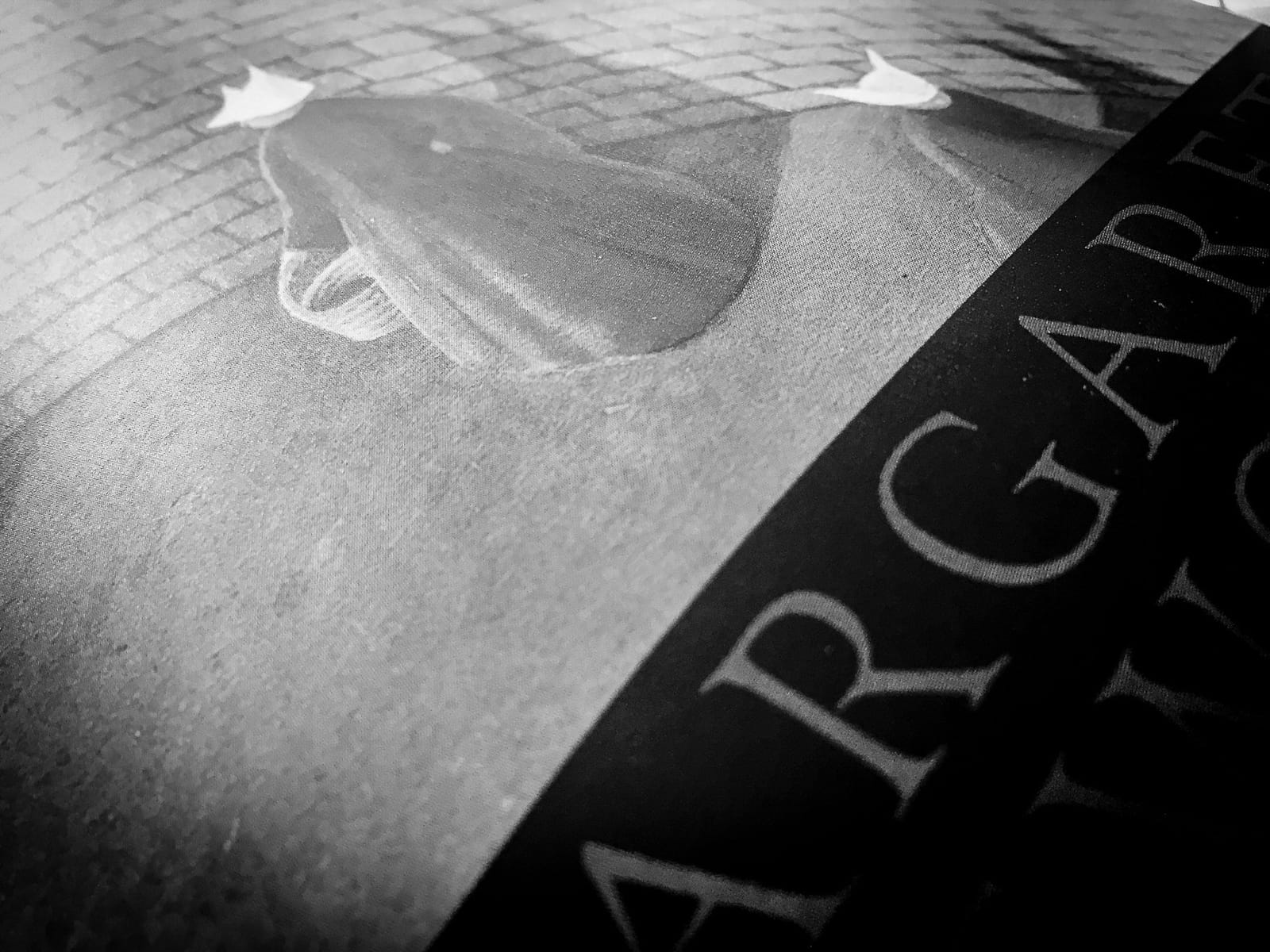What is the role of fiction in an age of perpetual outrage, engineered distraction, and vicious governance? After returning to the monochrome worlds of Brave New World, 1984, and Fahrenheit 451 in the wake of Trump’s installation, I began re-reading Margaret Atwood’s The Handmaid’s Tale, which might be the most urgent dystopian vision due to America’s increasingly ecclesiastical hatred of women. Written in 1985, Atwood’s novel describes a militarized theocracy built from the dogma, rituals, and prejudices of the past and present. Women are stripped of all rights and some are rendered into, in the recent words of one Oklahoma lawmaker, ‘hosts’ for the unborn. Science is rejected. Writing is banned. Yet the most chilling dimension of the novel might be the narrator’s account of how this oppression and violence became the status quo while everybody was asleep at the wheel. What fills the vacuum when the institutions of democracy become feeble, when we prefer to focus on the self? “Whatever is going on is as usual,” says Offred, shortly after seeing the bodies of doctors dangling from the city’s walls. “Even this is as usual, now.”
My thoughts keep returning to one particular line: “The newspaper stories were like dreams to us, bad dreams dreamt by others.” This sentence nags in the margins while I compulsively scroll through the day’s digitized outrage, perplexed by the dogged faith that these technologies are doing us any measure of good. The words of Ray Bradbury’s fire chief in Fahrenheit 451 come to mind: “Chock them so full of ‘facts’ they feel stuffed, but absolutely ‘brilliant’ with information. Then they’ll feel they’re thinking, they’ll get a sense of motion without moving.”
Atwood extends this idea of ambient distraction into tragedy. Not only is information overload a means of social control, it is a privilege that is often not recognized until it is too late, until it becomes clear that our fates are inseparable from the victims in the day’s headlines: “How awful, we would say, and they were, but they were awful without being believable,” says Offred, remembering the days when she had the freedom to spend her mornings in bed, lazily flipping through the newspaper’s reports of murder and terror. “They were too melodramatic, they had a dimension that was not the dimension of our lives. We were the people who were not in the papers. We lived in the blank white spaces at the edges of print. It gave us more freedom. We lived in the gaps between the stories.”
Perhaps the task is to close the gaps between these stories.
Further reading: The Handmaid’s Tale; Fahrenheit 451; Oklahoma Lawmakers Want Men to Approve All Abortions.








